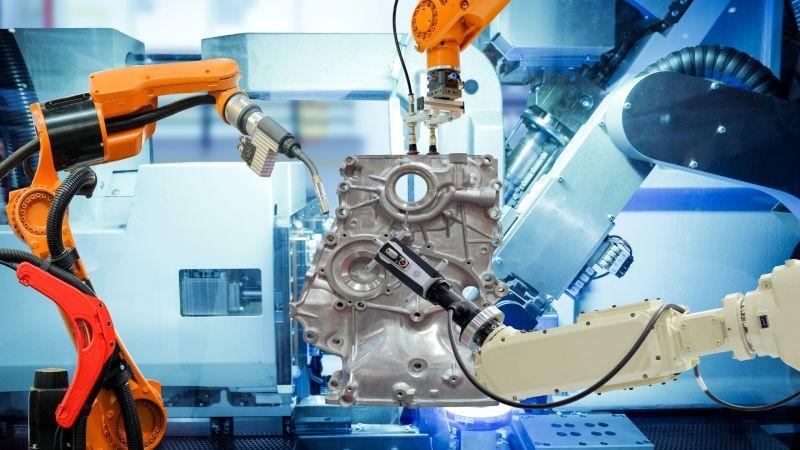In today’s rapidly evolving industrial landscape, the integration of advanced automation products is revolutionizing the way manufacturers operate. With the rise of sophisticated technologies, industries are increasingly embracing automation to optimize their processes. Advanced industrial automation products offer a myriad of benefits, from increased efficiency and reduced costs to improved safety and enhanced precision. As industries continue to seek innovative solutions, understanding the advantages of these technologies becomes crucial.
Increased Efficiency
One of the primary benefits of advanced industrial automation products is their ability to significantly enhance operational efficiency. Automation streamlines manufacturing processes by reducing the time required for production and minimizing human error. Automated systems can operate around the clock without the need for breaks, thus increasing the overall throughput. This continuous operation ensures that deadlines are met and production schedules remain on track. Moreover, automated systems are adept at handling repetitive tasks with consistent accuracy, further boosting efficiency.
Reduced Costs
Cost reduction is a critical goal for any manufacturing entity, and advanced automation products play a pivotal role in achieving this. By automating routine tasks, companies can significantly decrease labor costs. The initial investment in automation technology is often offset by the long-term savings realized from reduced manpower requirements and enhanced productivity. Furthermore, automated systems reduce material waste through precise control and monitoring, leading to financial savings and a smaller environmental footprint.
Improved Safety
Safety is a paramount concern in industrial environments. Advanced automation products enhance workplace safety by taking over hazardous tasks that would otherwise pose risks to human workers. Automation minimizes the need for human intervention in dangerous processes, thereby reducing the incidence of workplace accidents and injuries. Additionally, automated systems are equipped with sophisticated sensors and monitoring capabilities that can detect anomalies and trigger alerts in real-time, further safeguarding the work environment.
Enhanced Precision
Precision is a crucial factor in manufacturing, especially in sectors requiring high levels of accuracy. Advanced automation products, such as robotic arms and precision machinery, ensure that every product is manufactured to exact specifications. The use of APG sensors, for instance, allows for meticulous monitoring and control, ensuring consistent quality across production batches. This level of precision enhances product quality and builds consumer trust and brand reputation.
Adaptability and Scalability
As market demands fluctuate, the adaptability and scalability of automation systems become invaluable. Advanced industrial automation products are designed to be flexible, allowing manufacturers to easily adjust production lines to accommodate new products or changes in volume. This adaptability ensures that companies can respond swiftly to dynamic market conditions without significant downtime or resource allocation. Moreover, as businesses grow, automated systems can be scaled to meet increasing production demands, providing a sustainable path for expansion.
Data-Driven Decision Making
Another profound advantage of advanced industrial automation products is their capability to facilitate data-driven decision-making. Automation systems generate vast amounts of data related to production processes, equipment performance, and operational efficiency. This data can be analyzed to identify areas for improvement, optimize resource allocation, and enhance overall productivity. Manufacturers can make informed decisions that drive innovation and competitiveness by leveraging data analytics.
Future of Industrial Automation
The future of industrial automation is promising, with continuous advancements paving the way for even more sophisticated and intelligent systems. The integration of artificial intelligence and machine learning into automation will enable predictive maintenance, real-time decision-making, and further optimization of manufacturing processes. As industries continue to evolve, the adoption of advanced automation products will be instrumental in achieving sustainable growth and maintaining a competitive edge in the global market.
In conclusion, the benefits of advanced industrial automation products are manifold, offering increased efficiency, reduced costs, improved safety, and enhanced precision. As industries look to the future, embracing these technologies will be crucial in driving innovation and achieving operational excellence.

